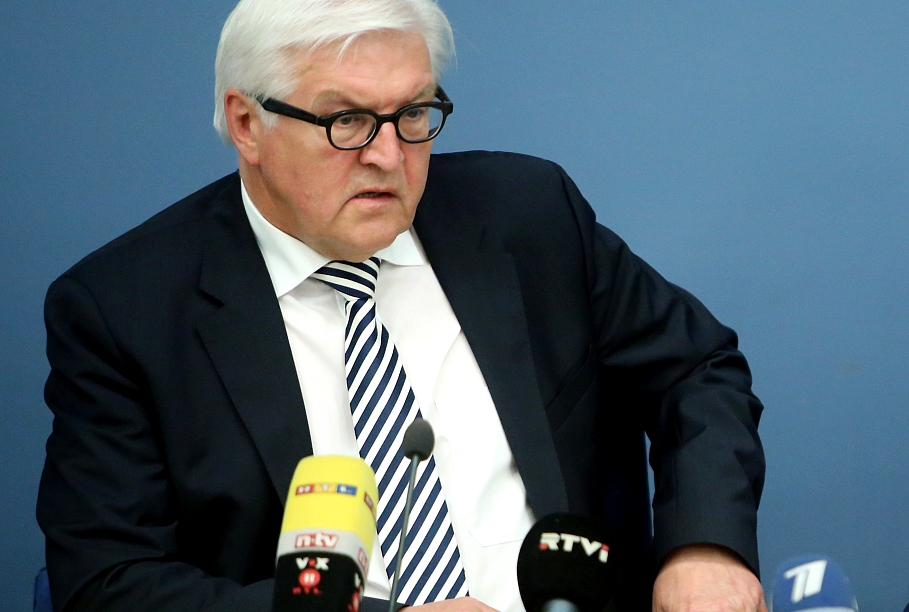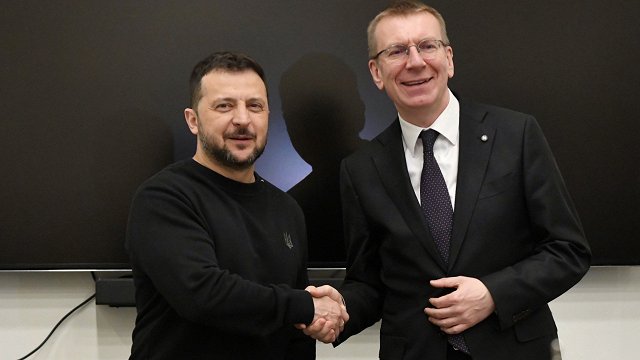Speaking to the press at the Ministry of Foreign Affairs, Steinmeier insisted dialogue with Russia had to be maintained and expanded, despite its numerous violations of international law in Ukraine.
"With the decisions we took in Warsaw we have made an essential contribution to the security not only of Eastern Europe but of NATO at large," Steinmeier said.
"You have to do one thing, namely enhance our defense efforts, and on the other hand be more specific when it comes to engagement or dialogue - whichever word you choose - and try to make offers to find out and test whether Russia is willing under the idea of common security to make efforts that were not made in the past or were left behind in the past," the German minister added.
Cooperation with Russia on the issue of weapons monitoring was desirable with existing agreements either lapsed or approaching the end of their applicability, Steinmeier said.
"There is a NATO philosophy which has always been based on two pillars – one is the enhancement of our own defense efforts.. then there is a second pillar. This is called engagegment or the willingness to dialogue... Now we also need to start with making the side of engagement or dialogue more concrete. I would like us to test what is possible."
Latvia's Edgars Rinkevics was in agreement saying: "It is very important also to work upon dialogue and engagement in those issues that are important to us such as concerning Russia. Our opinion is united: that we need to reinforce our security and defense at the same time having dialogue with the Russian Federation."
Without a meaningful ceasefire in Ukraine, dropping sanctions against Russia is out of the question, Rinkevics added: "If the Minsk agreement is not implemented it is too early to talk about some common European policy with regard to sanctions."
.@Stockholmschool in #Riga: FM #Steinmeier and his Baltic colleagues discuss the future of #Europe with students. pic.twitter.com/chZyrY5jaP
— GermanForeignOffice (@GermanyDiplo) September 13, 2016
However, Lithuania's Linas Linkevicius took a more robust approach to Russia, saying: "Russia has very poor record so far in complying with international norms and prnciples... It is very important to be consistent... to clearly say Russia must comply with international law, not self-invented rules which is sometimes the case."
Later during a discussion at the Stockholm School of Economics in Riga, Steinmeier admitted the proposed free trade agreement between the EU and US was unlikely to be signed during the Obama administration.
"To be honest I don't expect the negotations will be finished during the preent adminstration – we have to wait for the outcome of the US elections and see if the new administration is eager to resume negotiations," he said.




























